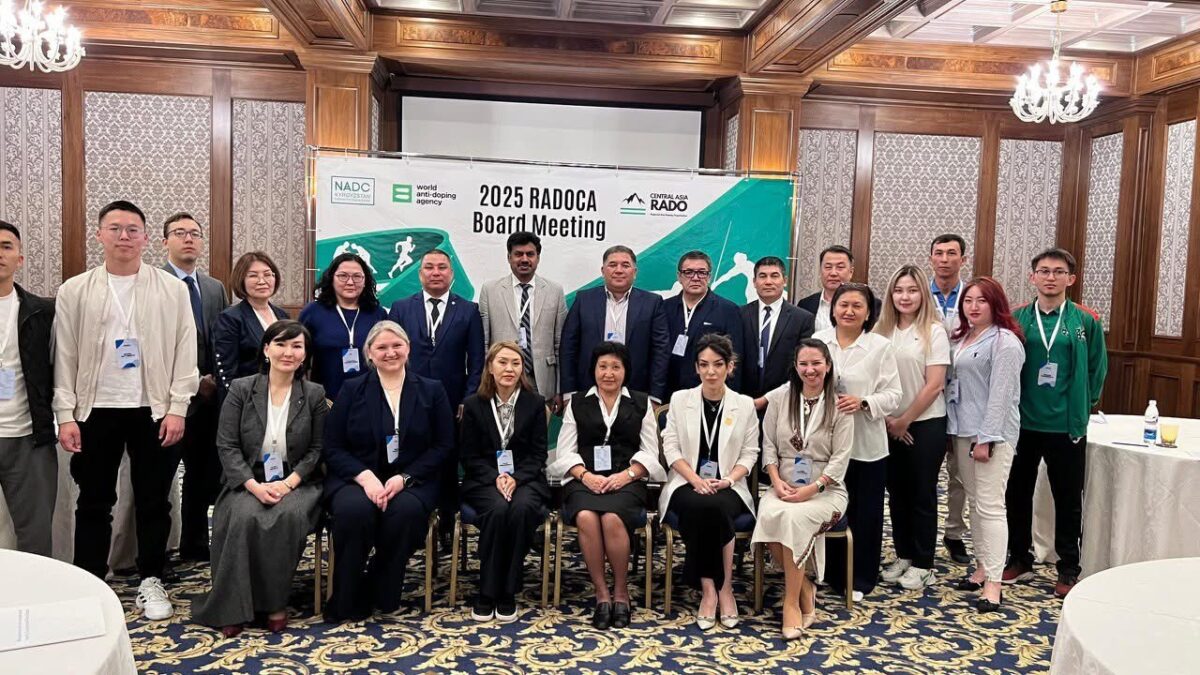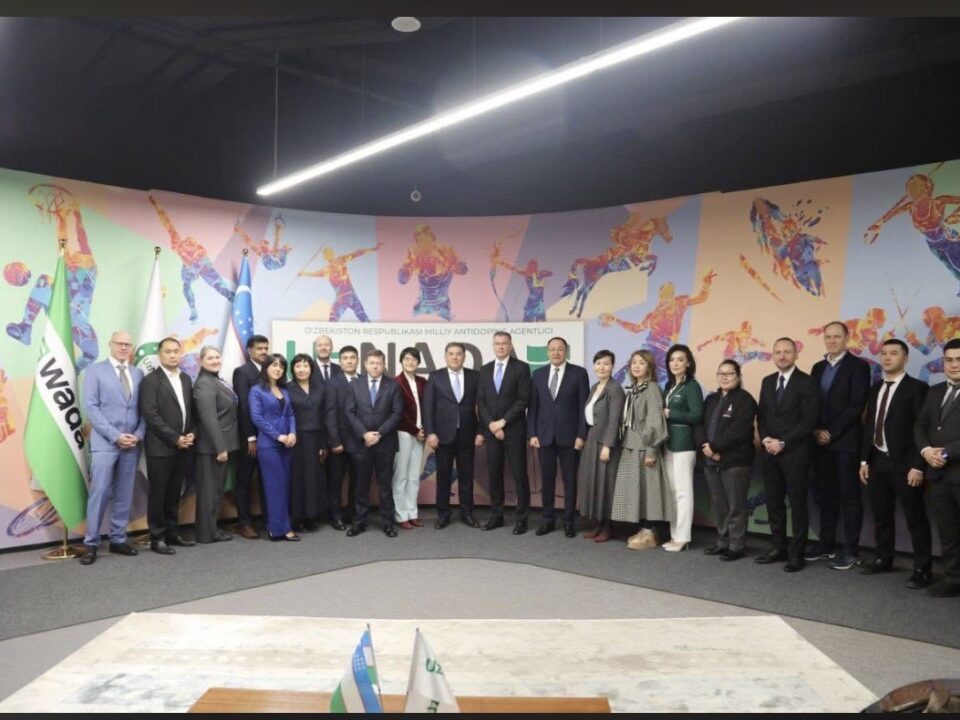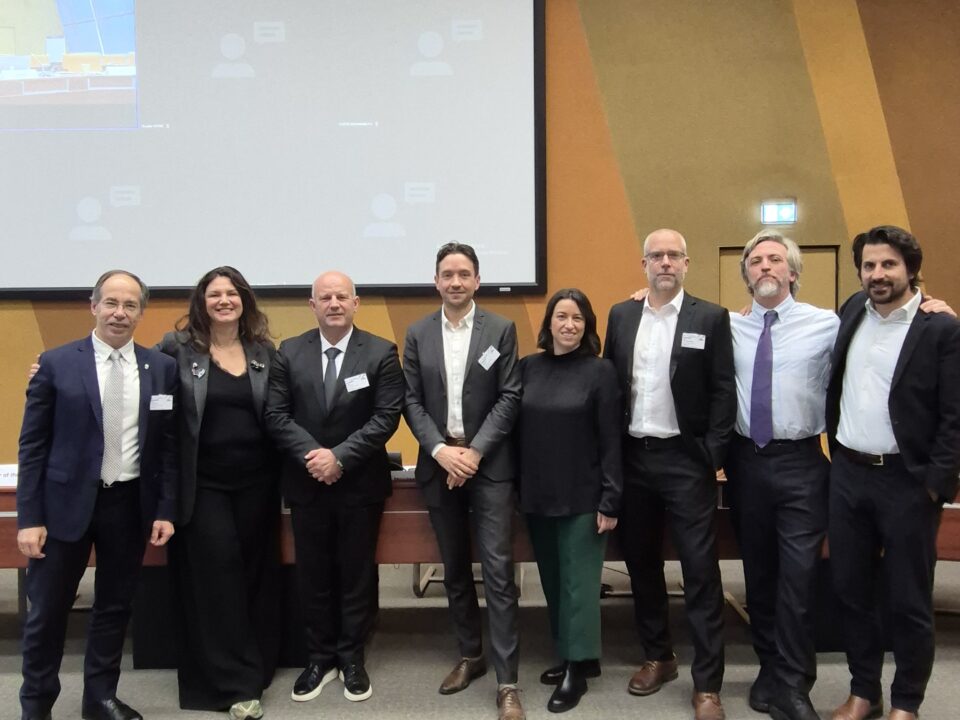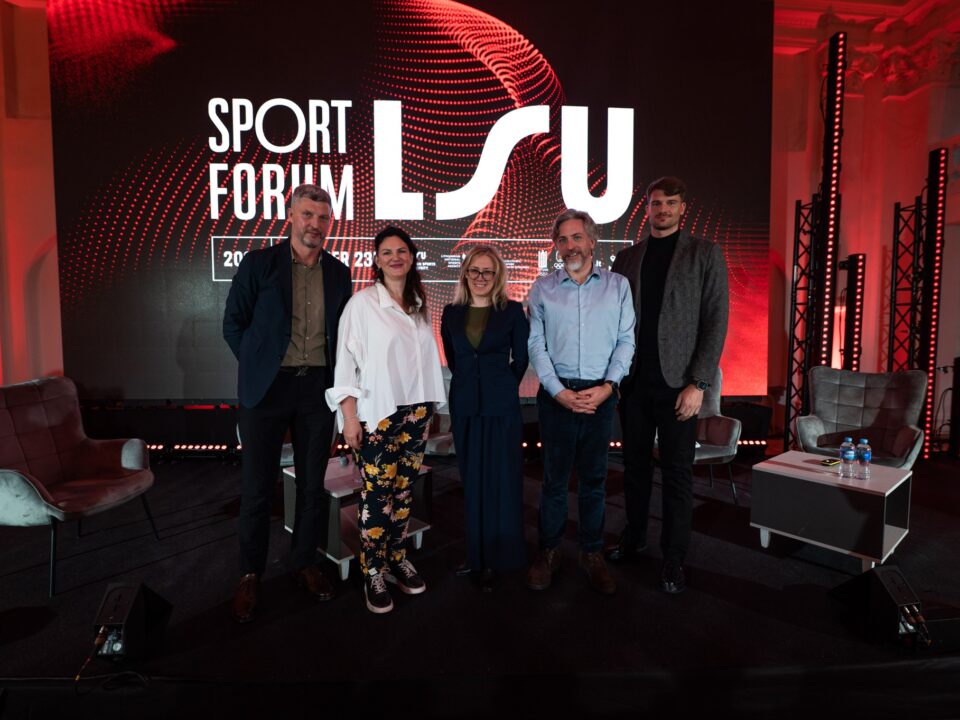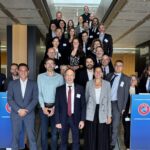
Council of Europe Macaoline Convention Monitoring Committee meeting held in Switzerland
2025-05-29
The "Enhanced Games" are strongly opposed by the international community
2025-06-11On 29-30 May, the Kyrgyz capital Bishkek hosted a training course for sports physicians and members of the Commission on Medical Use Exemptions of Central Asian countries, where the Director of the Lithuanian Anti-Doping Agency Rūta Banytė shared her knowledge and experience.
The aim of the training was to share best European practices on the authorisation of the use of illicit substances for treatment (TUEs) in the countries of the region, and was attended by representatives from Mongolia, Kyrgyzstan, Kazakhstan, Turkmenistan, Tajikistan and Uzbekistan.
Abdymomunov Aybek Tynchylykovich, Director of the State Agency for Physical Culture and Sports under the Cabinet of Ministers of Kyrgyzstan, welcomed the participants of the event.
"In our experience, an athlete's health and anti-doping rules can go hand in hand. I am happy to have the opportunity to share my knowledge and experience with people from other regions, other countries. After all, we are all striving for the same goal - clean sport", says Rūta Banytė.
The training included a theoretical component on medical conditions requiring banned substances, as well as an emphasis on the World Anti-Doping Agency guidelines. The second day was devoted to practical tasks, analysing various examples from Lithuania and the world.
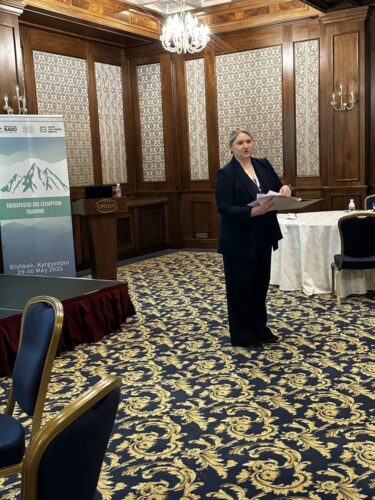
At the end of May, the Kyrgyz capital Bishkek hosted a training course for sports physicians and members of the Commission for Medical Use Permits from Central Asian countries, where our Agency's Director Rūta Banytė shared her knowledge and experience.
The aim of the training was to share best European practices on the authorisation of the use of illicit substances for treatment in the countries of the region, and was attended by representatives from Mongolia, Kyrgyzstan, Kazakhstan, Turkmenistan, Tajikistan and Uzbekistan.
The training included a theoretical component on medical conditions that require banned substances, with an emphasis on the World Anti-Doping Agency guidelines. The second day was devoted to practical tasks, analysing various examples from Lithuania and other countries.

